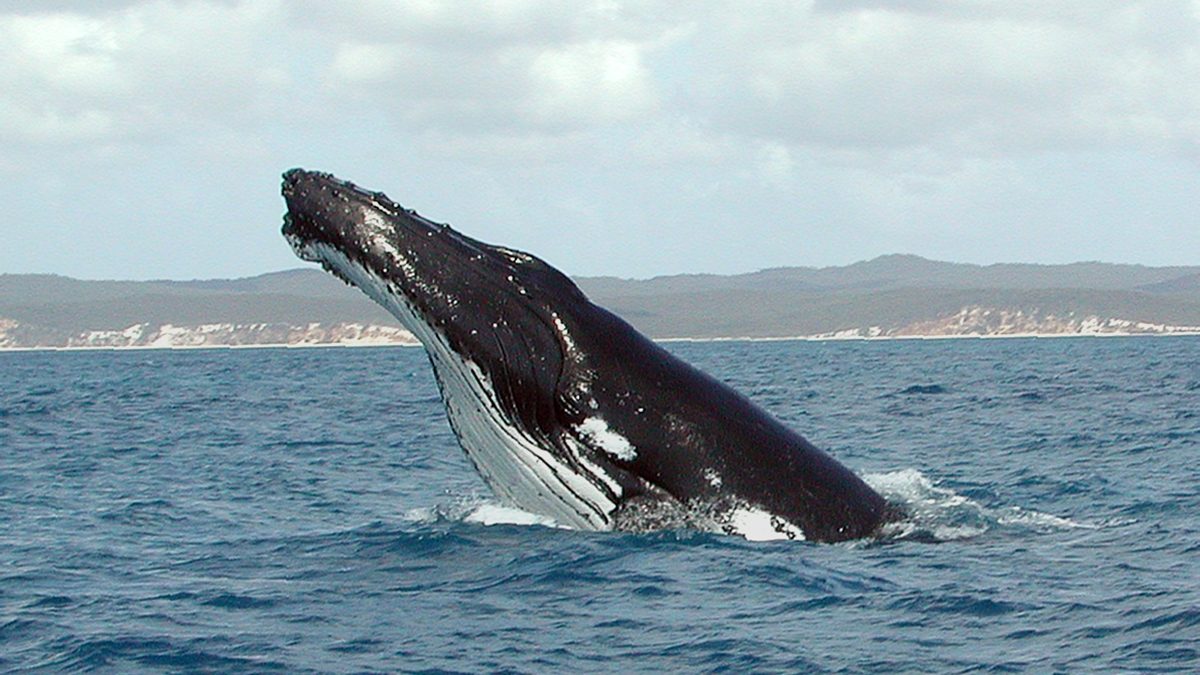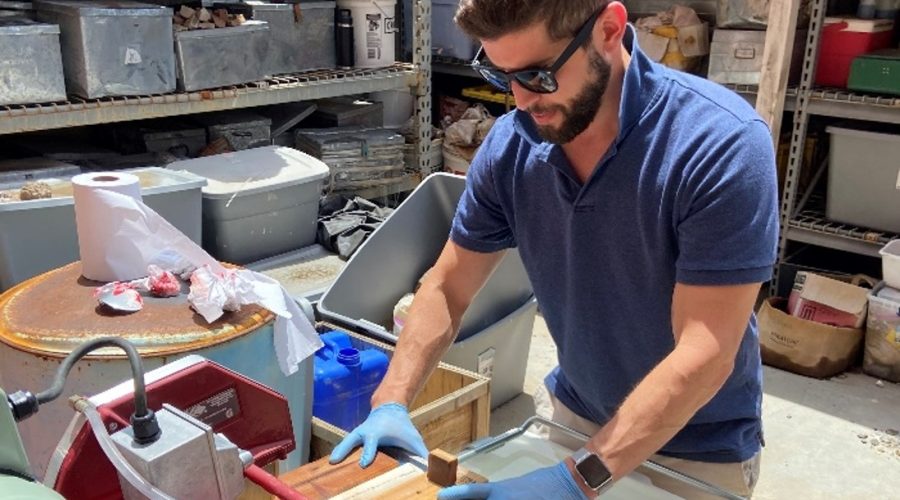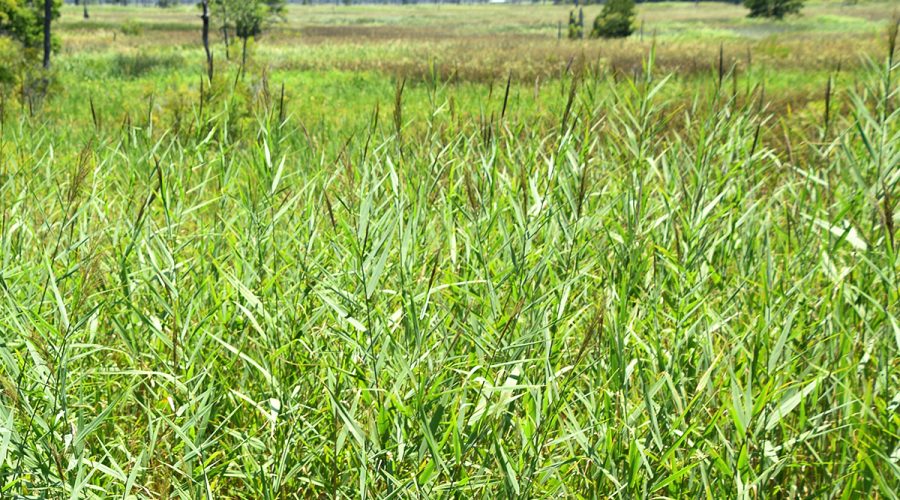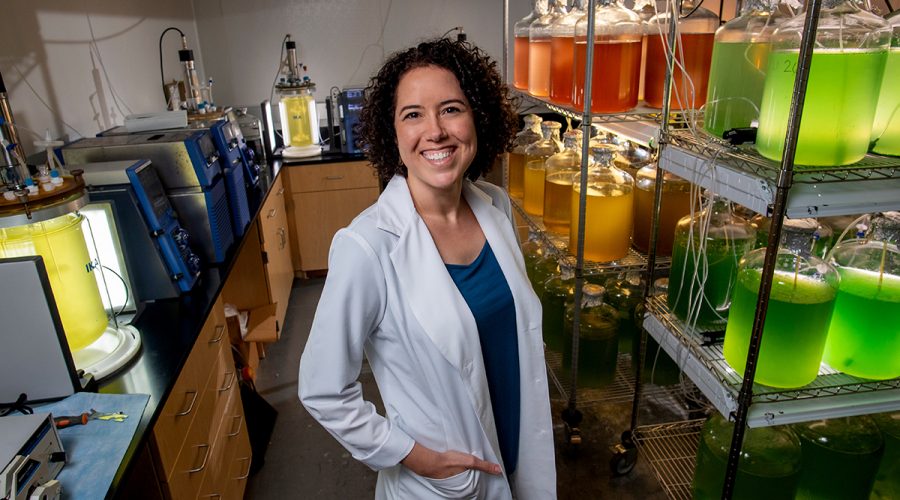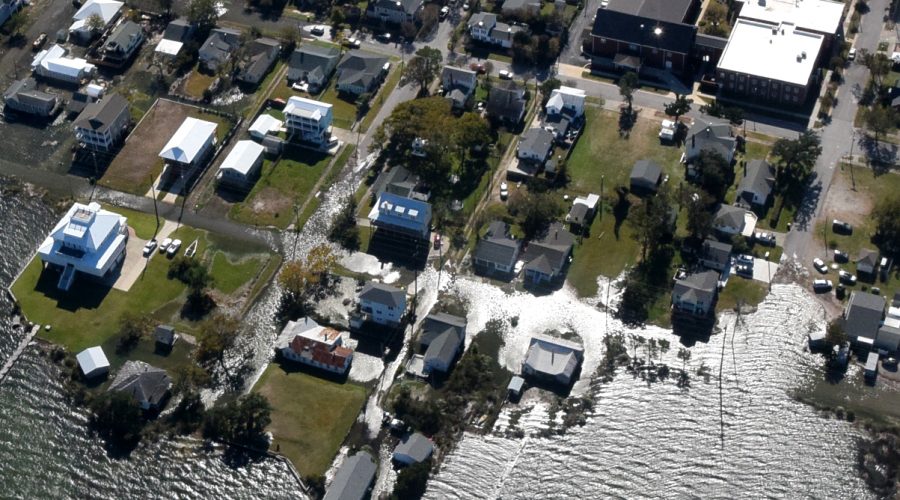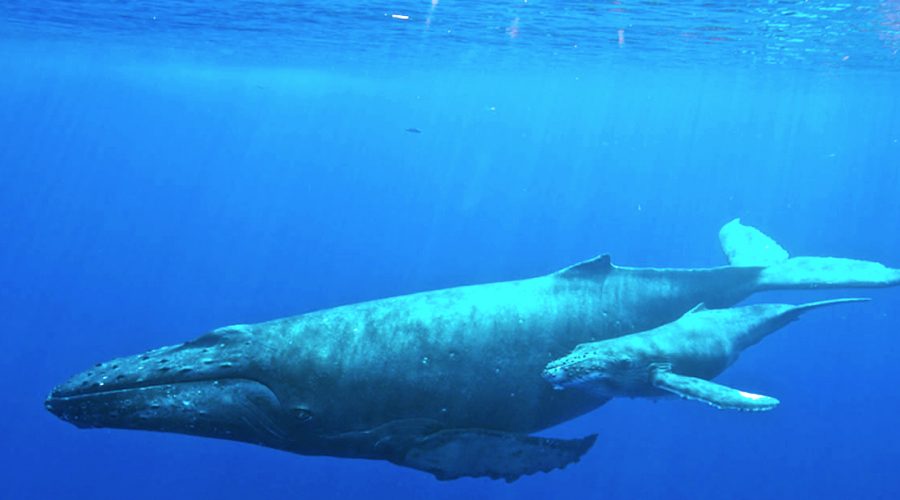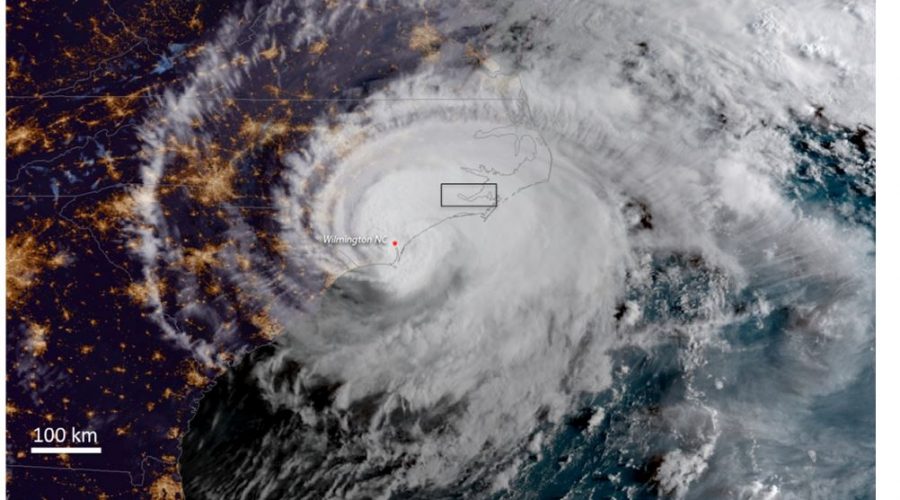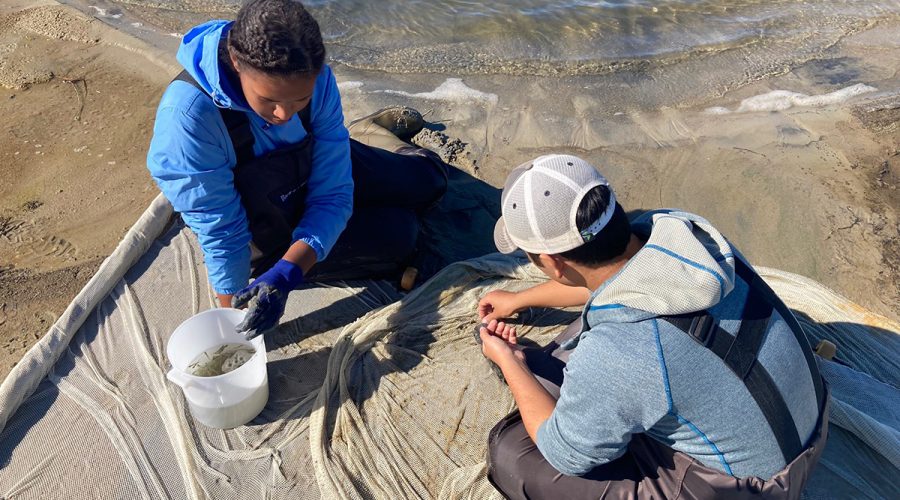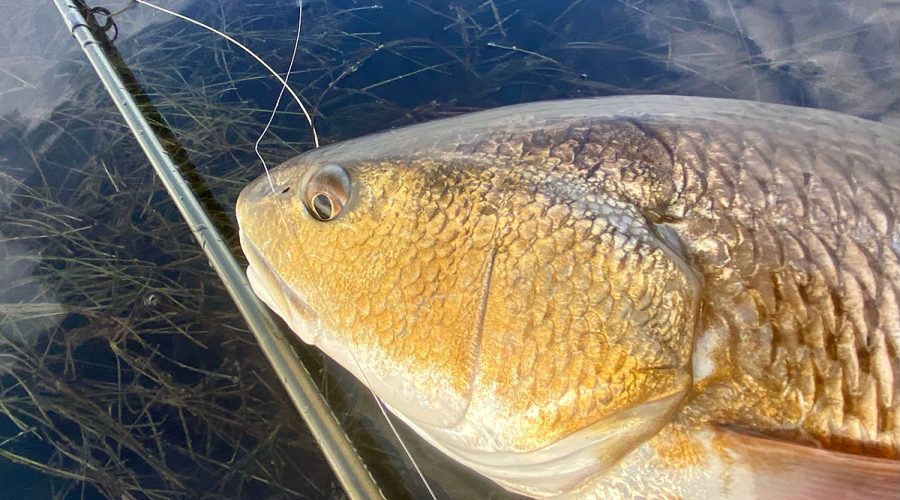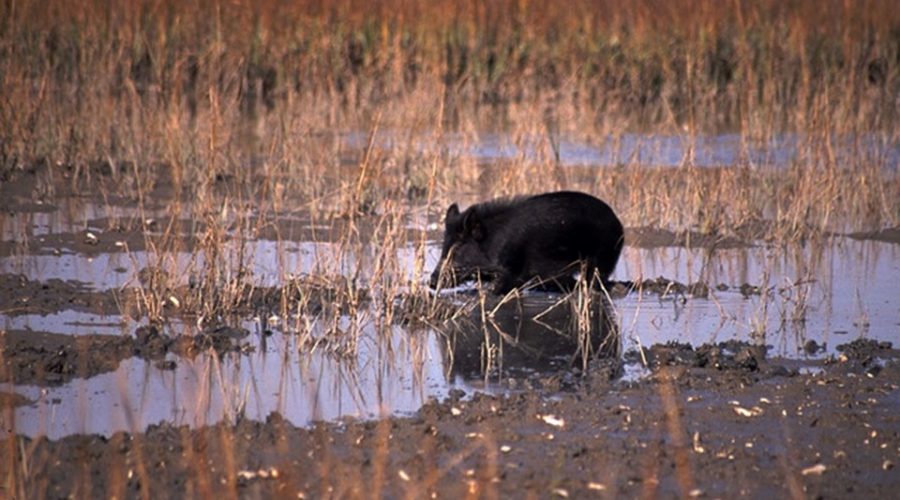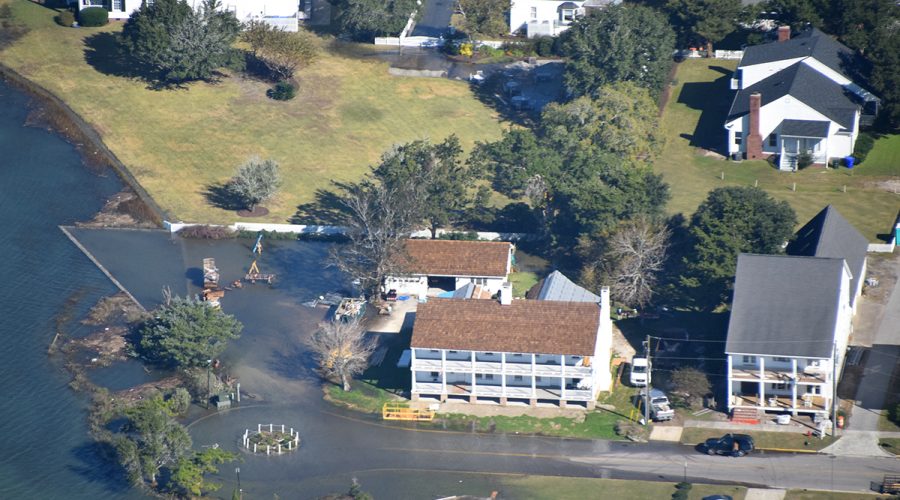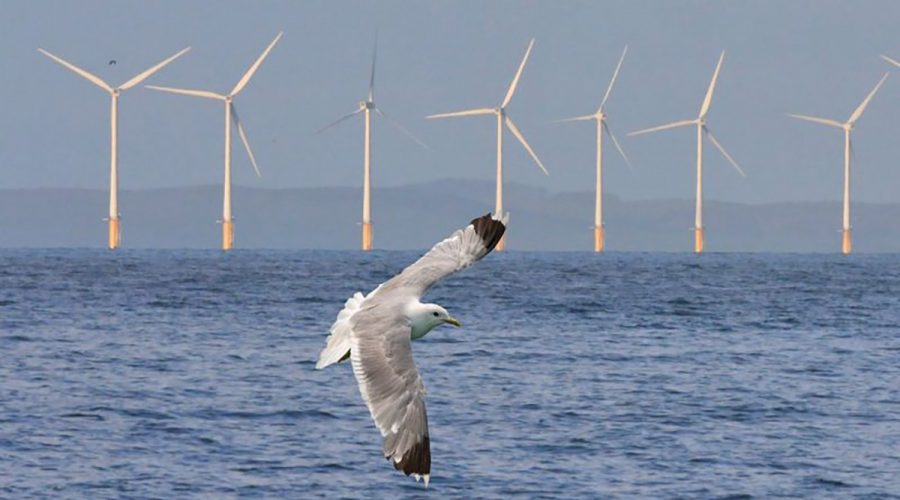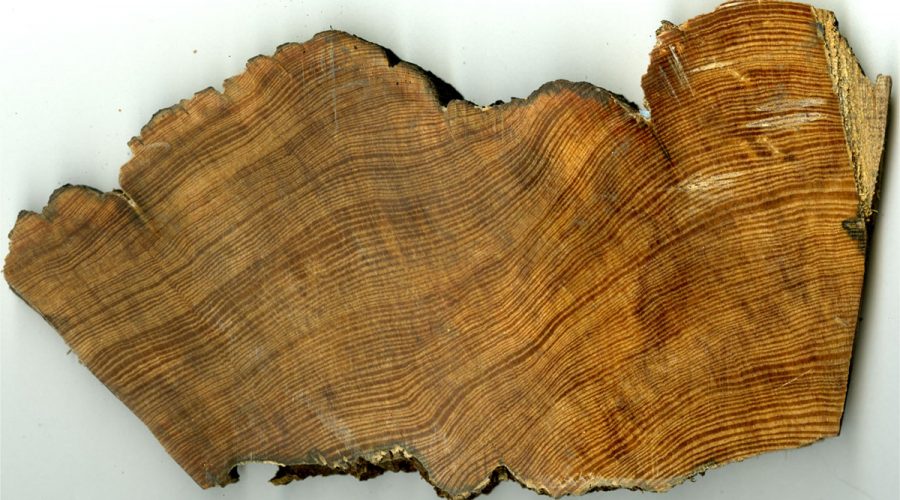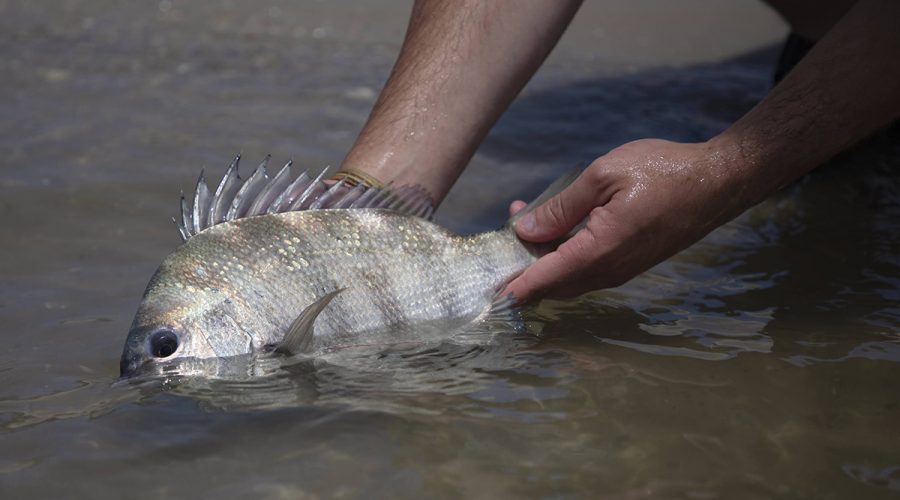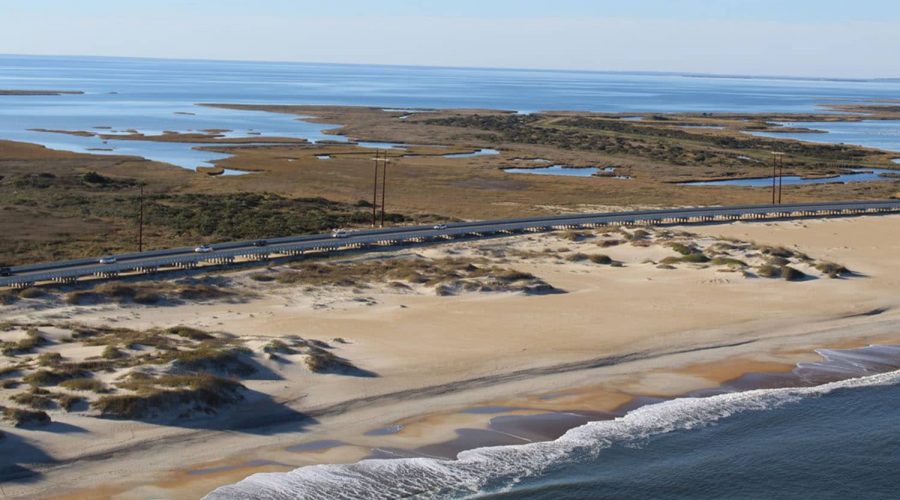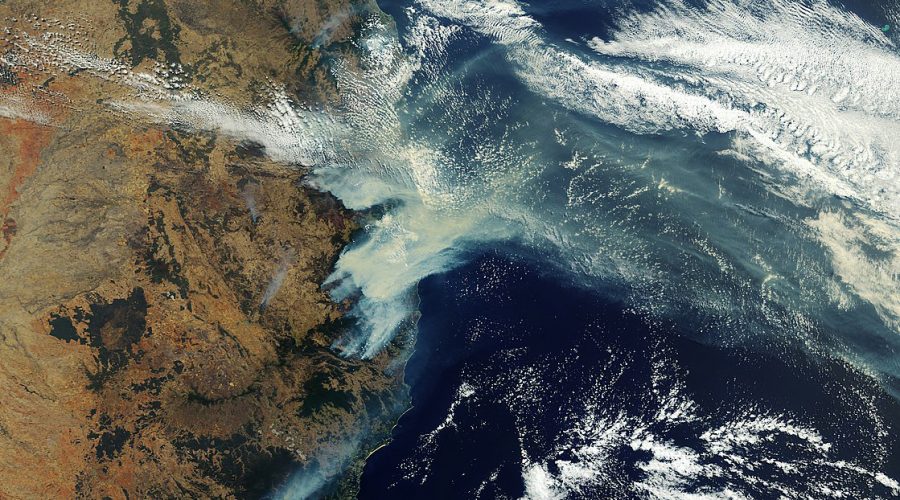Conservation biologist David Johnston at the Duke University Marine Lab in Beaufort says Australia’s recent decision to remove humpback whales from its endangered species list is a conservation victory and pivot point.
Science
New technique using coral helps reconstruct past climates
UNC Chapel Hill doctoral candidate Hunter Hughes has developed a new technique, inspired by seismology, to reconstruct past climates using corals.
Nonnative phragmites may help with climate resilience
For years, discussions about the invasive reed focused on eradication, but recent research finds the plant can help protect against erosion and sequester carbon.
UNCW lab may hold answers to algal bloom questions
Catharina Alves-de Souza, director of the University of North Carolina Wilmington Algal Resources Collection, was recently awarded a National Science Foundation grant to help in identifying microalgae species.
New report projects sea levels to rise a foot in 30 years
UNC sea level rise researcher Rick Luettich says the report is notable for the certainty of its predictions.
Whales eat much more than previously thought: Study
A recent study found that baleen whales can consume 5 to 30% of its body mass on a daily basis, illustrating the large impact they have on the marine food web.
Lower Neuse River adapted, recovered from Florence: Study
A recent study looked at the effects of 2018’s Hurricane Florence on the Neuse River’s physical landscape and the Neuse estuary.
Students study ponds Dorian created on North Core Banks
UNC-IMS undergraduate students spent the fall semester studying new ponds created during 2019’s Hurricane Dorian on the northern most barrier island of Cape Lookout National Seashore.
Winds, temperatures can affect varying red drum numbers
A new UNCW study looks at how wind, water temperature and food source can affect juvenile red drum in nearshore areas.
Feral hogs slow recovery of damaged salt marshes: study
A new study finds that the invasive species significantly slows the pace a salt marsh can adapt to climate change-related issues such as drought and sea level rise.
Storm drain sensors show more frequent nuisance flooding
“We’ve already started seeing how coastal communities are experiencing flooding more often than they were before and especially on sunny days, outside of storm events when tides are particularly high,” says UNC researcher Miyuki Hino.
Duke to study offshore wind energy’s effects on marine life
With a recently announced $7.5 million federal grant, Duke University is leading a research project to better understand how offshore wind development can affect marine species.
New research detects hurricane history hidden in tree rings
Research using core samples from trees in coastal savannas to reconstruct rainfall amounts from tropical cyclones of the past 300 years shows that storms are moving more slowly and dumping more and more rain.
Tagging study yields new understanding of sheepshead
Lewis Naisbett-Jones, a doctoral candidate at the University of North Carolina Chapel Hill, is doing research that may help state fisheries officials better understand how vulnerable the species could become to overfishing.
Changes to land from coastal storms can enhance habitat
Researchers have developed a way to use aerial images to show how barrier islands change over time and how natural processes that reshape islands and destroy infrastructure like N.C. 12 can also help coastal wildlife thrive.
Australian wildfires fertilized expansive algal blooms: Study
A recently published study by Duke University researchers found that particles in smoke and ash from Australian wildfires fed unprecedented algal blooms far away in the ocean.

